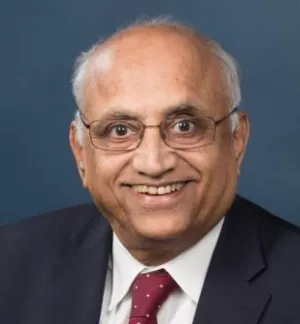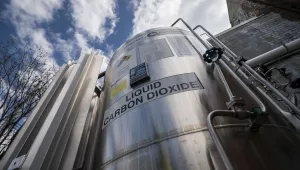Summary
This analysis, written by a team of researchers at the Energy Technology Innovation Policy research group at Harvard Kennedy School's Belfer Center, provides an overview the Department of Energy's fiscal year 2011 energy research, development, demonstration, and deployment (ERD3) budget proposals, and lays out actionable recommendations to strengthen the effort. Overall, the report concludes that the 7 percent requested increase in applied energy research, development, and demonstration funds, while welcome in a time of budget stringency, remains well short of the sustained investment likely to be needed to meet the energy demands of the 21st century.
The report, part of an ongoing project funded by the Doris Duke Charitable Foundation, provides an in-depth assessment of which energy technologies would see their budgets cut or boosted under the Obama administration's budget proposals. The authors suggest that Congress should consider increasing the proposed budgets in some areas, such as demonstration of carbon storage technology in a range of geologies, and international ERD3 cooperation.
The authors offer strong support for ARPA-E, the Energy Department's new effort focused on funding high-risk, potentially game-changing energy technologies that no one else would fund. Given the time required to turn such new ideas into successes, the report argues, Congress should give ARPA-E five to ten years of strong, consistent funding to give it a chance to prove its worth.
The report also explores other ERD3 institutions, including the establishment of "Energy Innovation Hubs" and the "Energy Frontier Research Centers." The authors argue that the nation needs a new approach to managing the national laboratories that strengthens their mission focus and builds a better balance between lab management and Energy Department headquarters — and it calls for the creation of a new institution to credibly manage large-scale technology demonstration projects.
Given the global nature of the climate challenge, the report emphasizes the importance of international cooperation to develop the energy technologies needed to respond, argues that the United States does not yet have an integrated, coherent strategy for such cooperation. Similarly, the report argues that the Energy Department's cooperation with the private sector is largely ad-hoc and not yet driven by a strategic view of which kinds of grants and partnerships work best under what circumstances.
Finally, the report assesses proposed programs to support deployment of new energy technologies. The authors argue that on balance, the administration's proposed loan guarantee programs — including $36 billion in new proposed authority to provide guarantees for deployment of nuclear power plants — deserve support, though the risks are substantial.
The database upon which this analysis is based may be downloaded in Excel format at: http://belfercenter.ksg.harvard.edu/publication/20013/
Diaz Anadon, Laura, Matthew Bunn, Gabe Chan, Melissa Chan, Kelly Sims Gallagher, Charles Jones, Ruud Kempener, Audrey Lee and Venkatesh "Venky" Narayanamurti. “DOE FY 2011 Budget Request for Energy Research, Development, Demonstration, and Deployment: Analysis and Recommendations.” Energy Technology Innovation Policy Project, Belfer Center, April 2010




















